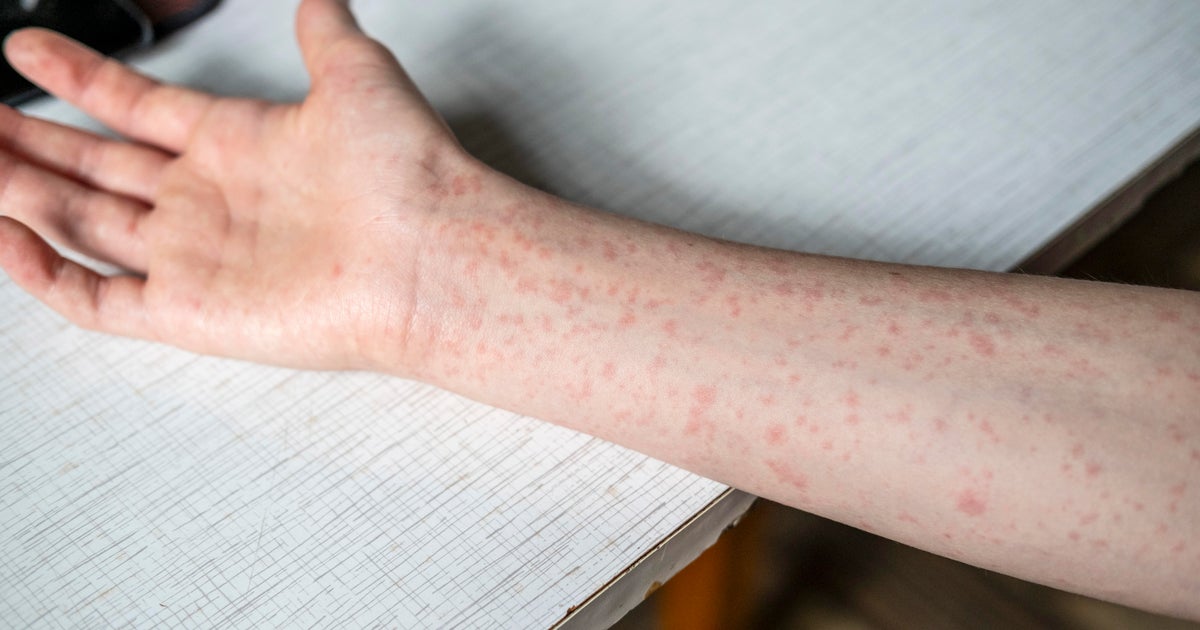Introduction to Measles Outbreak
The US Centers for Disease Control and Prevention (CDC) are now calling for summer camp operators to check vaccination records or proof of previous infections for all children, employees, and volunteers. This comes as measles cases are near record levels.
The Risk of Measles in Summer Camps
Measles can spread quickly in summer camps because campers and employees spend a lot of time in close contact with each other. According to the CDC, "Measles are more than just a rash – it can cause serious complications or even deaths." The agency has published a checklist for summer camp operators to help prevent the spread of measles.
New Guidance for Summer Camps
The new guidance from the CDC states that verifying the measles immunity status of all campers and employees is important in order to support health departments in quickly identifying people who need to be vaccinated or offered antibody injections in the event of an outbreak. The American Camp Association recommends that camps decide whether to allow unvaccinated campers and employees, and understand the risks of accepting someone who has not been immunized against measles.
Preparing for Measles Outbreaks
The CDC recommends that summer camps take several steps to prepare for measles outbreaks, including:
- Checking vaccination records or proof of previous infections for all campers and employees
- Storing face masks
- Preparing a potential isolation space for campers who become sick
Current Measles Outbreak
So far, there have been 1,197 confirmed measles cases in 2025, which is fewer than 100 cases than the record 1,274 cases confirmed in 2019. This year’s outbreak is already more fatal than the 2019 outbreak, with more cases reported among children and teenagers. Most cases have been associated with local outbreaks in the United States, particularly in Texas and neighboring states.
Travel-Related Measles Cases
The CDC has also warned about the risk of catching measles when traveling, particularly after dozens of cases were reported among travelers who were infected while flying in the US. The agency has recently updated its guidelines to reflect the increased risk of measles transmission during travel.

